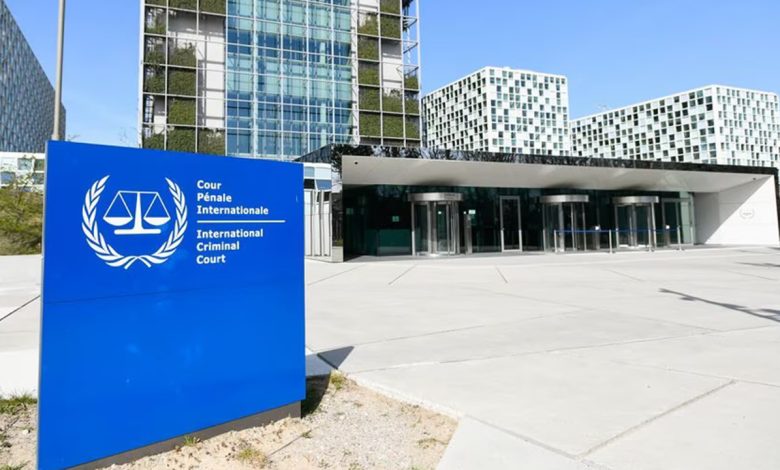Daily Current Affairs for UPSC
International Criminal Court
Syllabus- International Organisations [GS Paper-2]

Context- The International Criminal Court has issued an arrest warrant for Russian President Vladimir Putin for war crimes because of his suspect involvement in abductions of children from Ukraine.
International Criminal Court
- The International Criminal Court (ICC) is the first permanent international criminal court.
- It is governed by an international treaty known as “The Rome Statute.”
- It conducts investigations and, when necessary, conducts trials of individuals accused of the most serious crimes that pose a threat to the global community: crimes against humanity, genocide, war crimes, and aggression.
- Through international criminal justice, the ICC aims to hold those who committed crimes accountable and aid in preventing future occurrences.
- Along with China and the United States, India is not a Rome Statute party.
Establishment
- 120 nations signed the Rome Statute on July 17, 1998, with the goal of making the world more equitable.
- On 1 July, 2002 Rome Rule produced results upon endorsement by 60 states, authoritatively laying out the ICC.
- The ICC deals with crimes committed on or after this date because it has no retroactive jurisdiction.
- The Rome Statute, which was amended in 2010, also establishes new standards for the representation of victims in court and guarantees fair trials and the rights of the defense.
- The ICC’s governing legal document is currently the “Rome Statute,” which is elaborated in other legal documents like the Elements of Crimes, Rules of Procedure and Evidence, and more.
Facts and figures
- The International Criminal Court currently employs over 900 people from around 100 nations.
- It speaks six languages: Spanish, French, Arabic, Chinese, and Russian
- Six ICC field offices exist in Kinshasa and Bunia (Democratic Republic of the Congo, “DRC”); Kampala (Uganda); Bangui (Central African Republic, “CAR”); Nairobi (Kenya), Abidjan (Côte d’Ivoire).
- It operates in two languages: French and English
- The Hague in the Netherlands serves as the ICC headquarters.
What is the organizational structure of the ICC?
- Management oversight for the ICC is provided by the Assembly of States Parties, which also approves the ICC’s budget and elects judges and the Prosecutor.
- The ICC Presidency’s four organs oversee the Registry’s administrative work, coordinate judicial matters like assigning judges, situations, and cases to divisions, and conduct external relations with States.
- Judicial Divisions (18 judges in 3 divisions) Pre-Trial, Trial and Appeals – conduct judicial proceedings
- Office of the Prosecutor conducts preliminary examinations, investigations, and prosecutions.
- Security, interpretation, outreach, support for defense and victim’s lawyers, and other non-judicial activities are all carried out by the Registry.
- Victims receive assistance, support, and compensation from the Trust Fund for Victims.
- In several of the nations where investigations are being carried out, the International Criminal Court has field offices.
- The ICC uses the detention center to keep those it detains in safe, secure, and humane custody.
- The Detention Center is inspected by the International Committee of the Red Cross (ICRC), which grants it unrestricted access and inspections on unannounced visits.
What are the workings and jurisdictions of the ICC?
- The Rome Statute grants the ICC jurisdiction over the following four main offenses:
- The crime of Genocide
- Crimes against Humanity
- War crimes
- Crime of Aggression
- In accordance with a resolution adopted under chapter VII of the United Nations charter, the crimes were referred to the ICC Prosecutor.
- Starting around 17 July 2018, a circumstance in which a demonstration of hostility would seem to have happened could be alluded to the Court by the Security Committee, acting under Section VII of the Unified Countries Contract, regardless of whether it includes States Gatherings or non-States Gatherings.
- The ICC is not meant to replace national criminal justice systems; It only pursues cases when states are genuinely unable or unwilling to do so.
- ICC has a cooperation agreement with the UN, despite not being a UN organization.
- The United Nations Security Council has the authority to refer a situation to the International Criminal Court (ICC) if it does not fall under the Court’s jurisdiction. Darfur (Sudan) and Libya are examples of situations in which this has been done.





.png)



